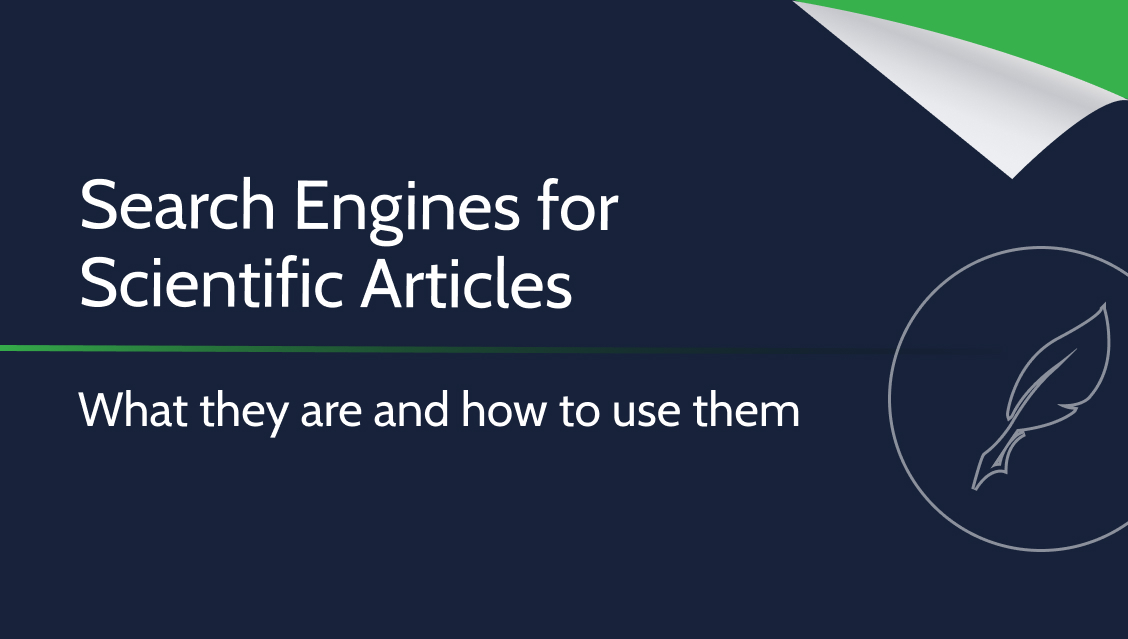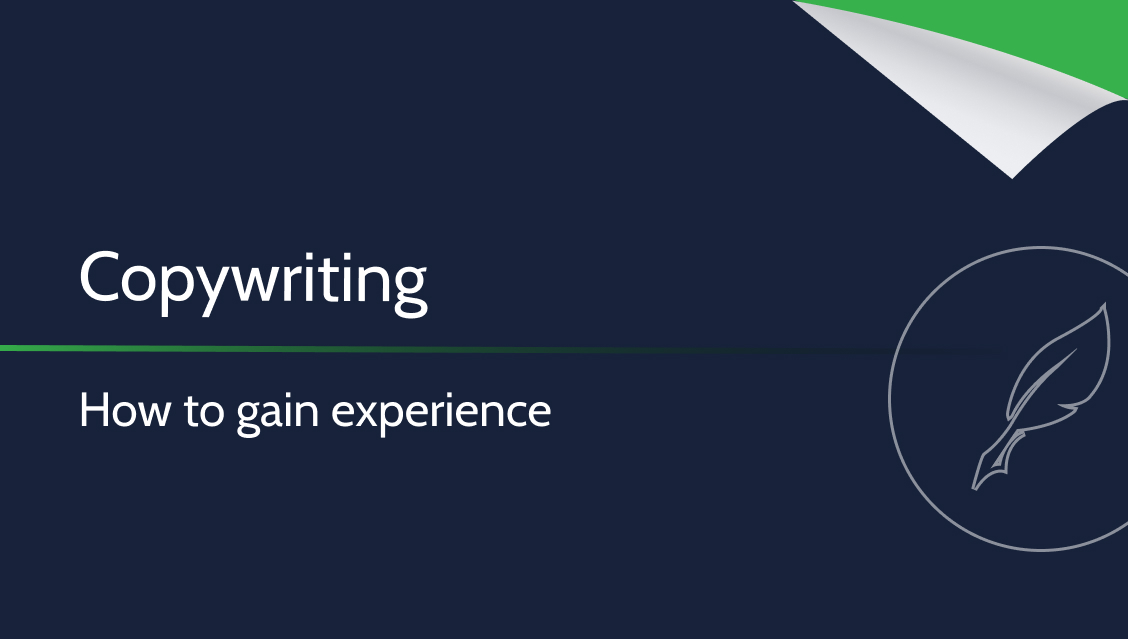Search engines for scientific articles: what they are and how to use them

Are you looking for reliable sources for your scientific work? A search engine for scientific articles can help you find credible information and publications from various fields. From psychology to electronics, selected websites serve as multidisciplinary sources of knowledge for every student, researcher, and doctoral student. However, some people may wonder where to find scholarly literature. Learn what scientific article search engines are and how to use them!
What are scientific article search engines?
Scientific search engines are online tools that allow you to search various databases containing scientific articles, reports, abstracts, and other publications.
They allow users to filter and sort the results for quick and efficient discovery of specific publications.
Scientific search engines are an invaluable source of information for researchers and students seeking information from various fields. However, individuals interested in a specific discipline should pay attention to websites dedicated to that particular specialty.
How to use scientific search engines?
Start by choosing the appropriate search engine. Improper use of online search engines can result in inferior results that may not answer the intended question.
A significant portion of websites are multidisciplinary, meaning you can find articles from various fields such as psychology, biology, and medicine. However, some search engines are dedicated to specific branches of science.
To achieve the best search results, choose appropriate keywords. Sometimes, placing a comma in the right place can result in displaying different articles. The first pages usually contain publications that are best suited to your needs.
The most popular search engines for scientific articles are:
- Google Scholar
- ResearchGate
- ScienceDirect
- Scopus
- PubMed
Google Scholar
Google Scholar is a free and undoubtedly the most popular online search engine for scientific articles. It was launched in 2004.
The website provides access to abstracts and full-text articles, meta-analyses, summaries, doctoral theses, and other scientific sources. Google Scholar is a multidisciplinary search engine. Despite that, it serves as a knowledge source primarily for those interested in social sciences and humanities.
One of the key advantages of Google Scholar is its indexing algorithm, which allows users to find hundreds of thousands of scientific articles from around the world. The site also offers filtering options for search results based on criteria such as citation count, publication date, author, and journal.
ResearchGate
ResearchGate is a social networking platform that allows for the publication, sharing, and browsing of scientific articles.
On the ResearchGate website, you will find thousands of publications, books, and materials available for download. One of the major advantages of ResearchGate is the ability to connect with other researchers in similar fields, facilitating collaboration and information exchange. The platform also allows users to publish preprints of their articles to obtain feedback and suggestions from other users.
ScienceDirect and Scopus
ScienceDirect and Scopus are two popular search engines for scientific articles. Both tools provide access to a vast database of scientific articles, but they differ in several key aspects.
ScienceDirect is a search engine for publications provided by Elsevier. The database includes over 16 million scientific articles from more than 3,800 scientific journals and 35,000 books. On the other hand, Scopus contains over 70 million scientific articles from over 23,000 scientific journals, 100,000 books, and 6 million conference papers.
Both platforms are provided by Elsevier. What are the differences between these two search engines? ScienceDirect is a publishing search engine where journals provide complete scientific articles. Scopus, on the other hand, is an indexing website that includes only abstracts.
PubMed
PubMed is a search engine for scientific articles that provides access to the vast database of medical literature from the National Library of Medicine in the United States.
The goal of the website is to find publications related to medicine, public health, and related sciences. Searching in PubMed is based on the MeSH (Medical Subject Headings) indexing algorithm, which allows for precise determination of keywords and thematic categories.
How to analyze scientific articles?
First, start by reading the abstract, which is a summary of the article. You will find key information about the study, such as its objective, methods, results, and conclusions. Reading the abstract will help you assess whether the article is relevant to your topic. Pay attention to any graphics and charts, as they often present important research findings. A quick review of these elements will allow you to evaluate the significance of the article.
Pay attention to graphics and charts that depict the most important research findings visually. In the final part of your preliminary analysis of the publication, read the conclusions. This section is considered the most important part of the article as it provides a summary of the research results.
Summary
- Scientific search engines are tools that allow users to search databases containing scientific articles, reports, conference papers, and other publications.
- The most popular scientific article search engines include Google Scholar, ResearchGate, ScienceDirect, Scopus, and PubMed.
- Google Scholar is a free and widely used online search engine for scientific articles.
- ResearchGate enables users to connect with other researchers, facilitating collaboration and information exchange.
- PubMed is a scientific article search engine that provides access to a vast database of medical literature maintained by the National Library of Medicine in the United States.
















Leave a Reply